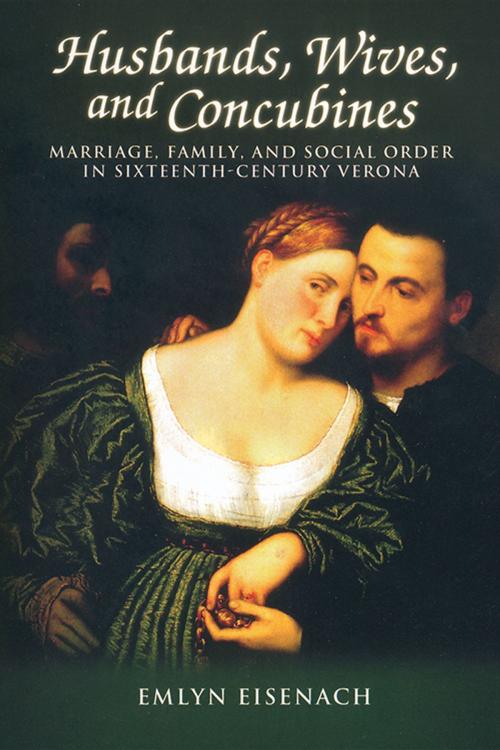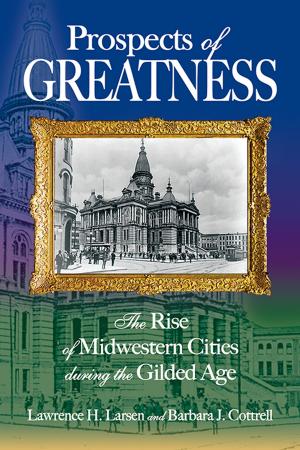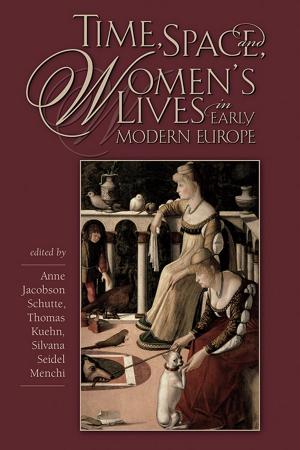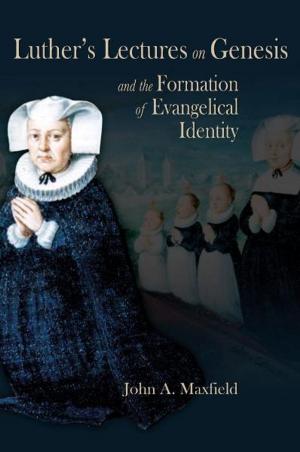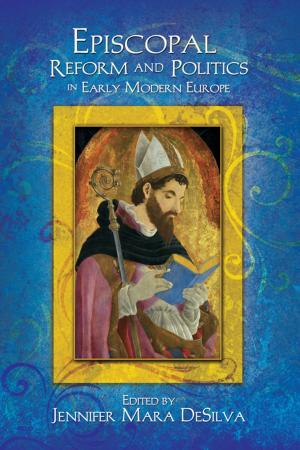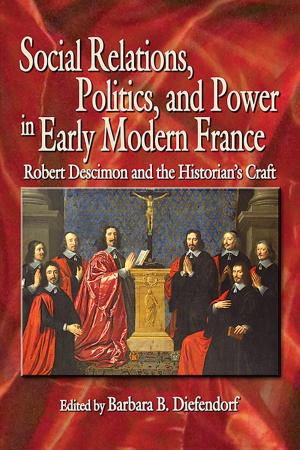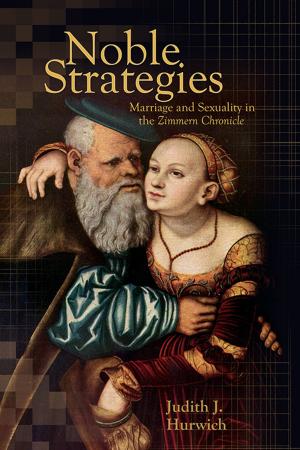Husbands, Wives, and Concubines
Marriage, Family, and Social Order in Sixteenth-Century Verona
Nonfiction, History, Italy, Modern| Author: | Emyln Eisenach | ISBN: | 9781935503446 |
| Publisher: | Truman State University Press | Publication: | October 27, 2016 |
| Imprint: | Language: | English |
| Author: | Emyln Eisenach |
| ISBN: | 9781935503446 |
| Publisher: | Truman State University Press |
| Publication: | October 27, 2016 |
| Imprint: | |
| Language: | English |
Emlyn Eisenach uses a wide range of sources, including the richly detailed and previously unexplored records of nearly two hundred marriage-related disputes from the bishop’s court of Verona, to illuminate family and social relations in early modern northern Italy. Arguing against the common emphasis on the growth of law and government in this period, her study emphasizes the fluidity of the principles that governed marriage and its dissolution, and deepens our understanding of the patriarchal family and its complex relationship with gender and status during the sixteenth century. Peopled by characters from across the social spectrum of the city of Verona and its contado, Eisenach’s study moves between stories about specific individuals—serving girls seeking honorable marriage through the unlikely route of concubinage, peasant men in search of independence from their fathers, and aristocratic wives seeking revenge against adulterous husbands—and broader analyses of social, economic, and geographical patterns of behavior. She shows how the Veronese at all social levels attempted to better their familial and personal fortunes by creatively molding wedding rituals to fit their particular circumstances, or engaging in the significant but until now little understood practices of concubinage, clandestine marriage, or informal marriage dissolution. Eisenach also evaluates the first half-century of religious reforms in Verona as the leading pre-Tridentine bishop Gian Matteo Giberti and his successors challenged common practices and understandings in sermons, treatises, confessionals, and court. Emphasizing the limitations of what the religious authorities could impose on the people, she explores how learned and popular notions of marriage, family, and gender shaped each other as they were put into action in the strategies of individual Veronese.
Emlyn Eisenach uses a wide range of sources, including the richly detailed and previously unexplored records of nearly two hundred marriage-related disputes from the bishop’s court of Verona, to illuminate family and social relations in early modern northern Italy. Arguing against the common emphasis on the growth of law and government in this period, her study emphasizes the fluidity of the principles that governed marriage and its dissolution, and deepens our understanding of the patriarchal family and its complex relationship with gender and status during the sixteenth century. Peopled by characters from across the social spectrum of the city of Verona and its contado, Eisenach’s study moves between stories about specific individuals—serving girls seeking honorable marriage through the unlikely route of concubinage, peasant men in search of independence from their fathers, and aristocratic wives seeking revenge against adulterous husbands—and broader analyses of social, economic, and geographical patterns of behavior. She shows how the Veronese at all social levels attempted to better their familial and personal fortunes by creatively molding wedding rituals to fit their particular circumstances, or engaging in the significant but until now little understood practices of concubinage, clandestine marriage, or informal marriage dissolution. Eisenach also evaluates the first half-century of religious reforms in Verona as the leading pre-Tridentine bishop Gian Matteo Giberti and his successors challenged common practices and understandings in sermons, treatises, confessionals, and court. Emphasizing the limitations of what the religious authorities could impose on the people, she explores how learned and popular notions of marriage, family, and gender shaped each other as they were put into action in the strategies of individual Veronese.
